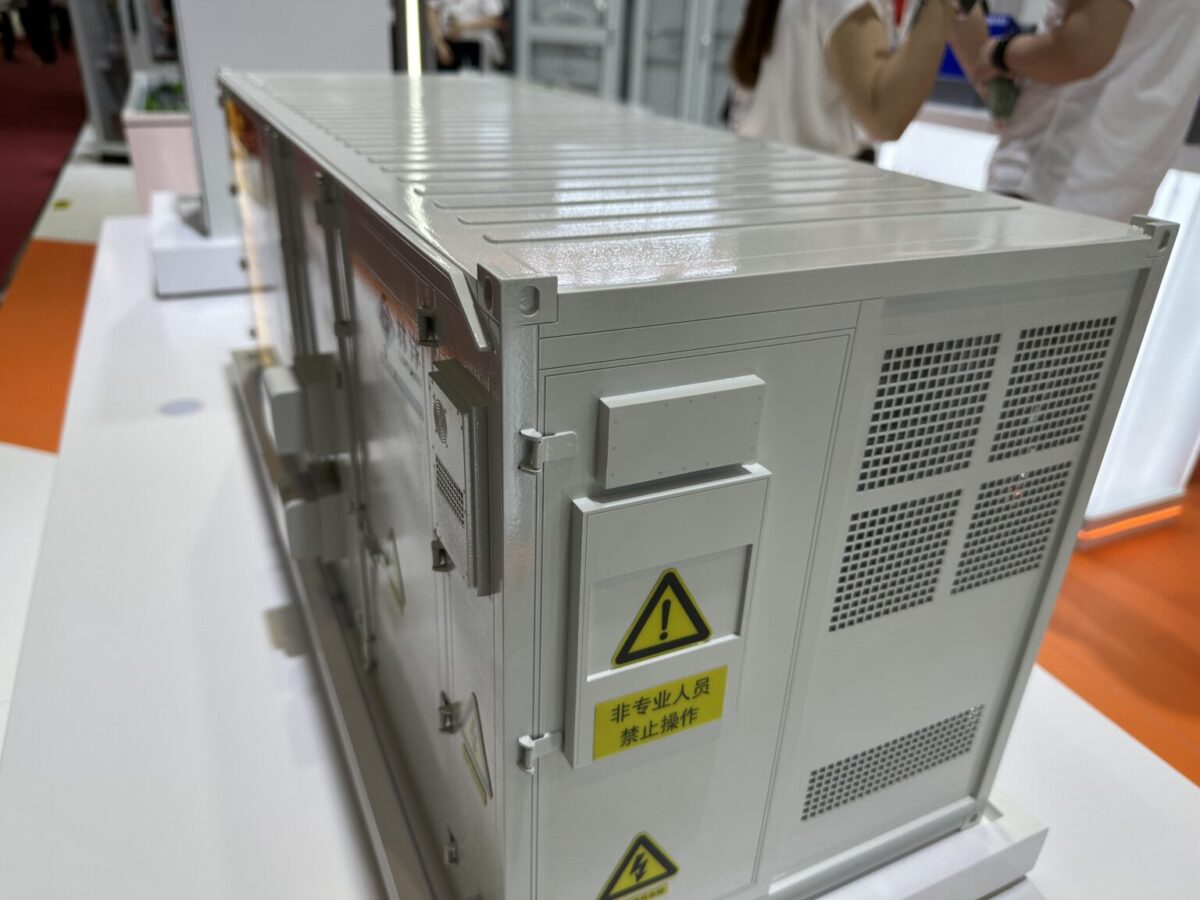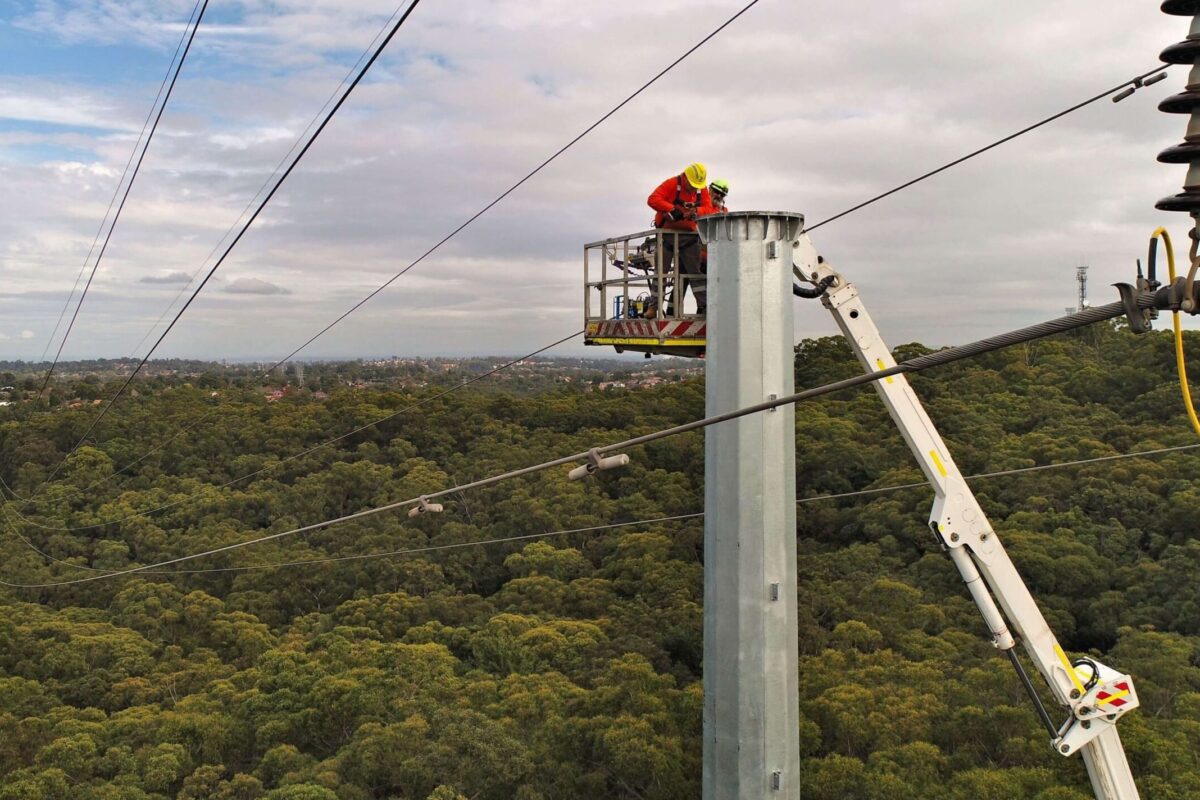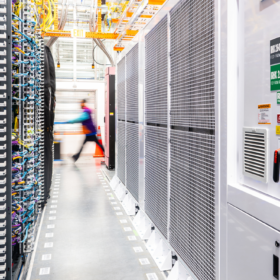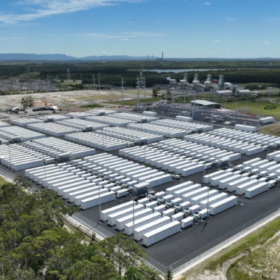Sinovoltaics, a Hong Kong-based technical compliance and quality assurance services provider, has released its latest financial stability ranking for battery energy storage system (BESS) manufacturers based on Altmann-Z scores of 60 manufacturers over the past three years. It has Tesla, China-based Mustang Battery and US-based Solid Power holding on to the top three spots of the ranking in this edition.
The latest Energy Storage Manufacturer Ranking Report 4Q2025, covers the period December 2022 to September 2025. It reports 23 companies in the safe zone, with scores greater than 2.6, up from 21 companies in the previous edition.
“The BESS sector is clearly strengthening, with global deployments hitting new records and battery prices continuing to fall. Large integrated players are benefiting from the massive economies of scale created by the EV industry, giving them healthier margins and stronger investment capacity. At the same time, smaller and mid-sized companies are making meaningful progress, even as they face a more competitive and margin-tight environment,” Dricus de Rooij, CEO and co-founder of Sinovoltaics, told pv magazine, adding that a maturing market is “setting the stage for more stable and sustainable growth across the storage value chain.”
The top ten for the quarter are as follows: Tesla, Mustang Battery, and Solid Power, followed by South Korea-based Hyundai Electric, China-based Sinexcel, Taiwan-based Kung Long Batteries, then U.S.-based Eaton and Yuasa Battery, with China-based Sacred Sun (Shandong Sacred Sun Power Sources Co Ltd) and US-based Enersys in the ninth and tenth spots.
“Firms such as Sinexcel, Sacred Sun, EnerSys, and Yuasa Battery have maintained steady financial positions. However, Albemarle, based in the United States, is experiencing margin tightening and increased leverage pressure,” said the analysts.
The ranking reports are global in scope and available for free. Sinovoltaics notes that the Altmann Z-scores are a balance sheet-based model that uses publicly available financial information to track financial and credit strength. The credit-strength test is based on profitability, leverage, liquidity, solvency, and activity ratios. A score that is 1.1 or lower indicates a higher probability of bankruptcy within the next two years, while a higher score of 2.6 or greater is considered in the “safe zone.”
This content is protected by copyright and may not be reused. If you want to cooperate with us and would like to reuse some of our content, please contact: editors@pv-magazine.com.








By submitting this form you agree to pv magazine using your data for the purposes of publishing your comment.
Your personal data will only be disclosed or otherwise transmitted to third parties for the purposes of spam filtering or if this is necessary for technical maintenance of the website. Any other transfer to third parties will not take place unless this is justified on the basis of applicable data protection regulations or if pv magazine is legally obliged to do so.
You may revoke this consent at any time with effect for the future, in which case your personal data will be deleted immediately. Otherwise, your data will be deleted if pv magazine has processed your request or the purpose of data storage is fulfilled.
Further information on data privacy can be found in our Data Protection Policy.